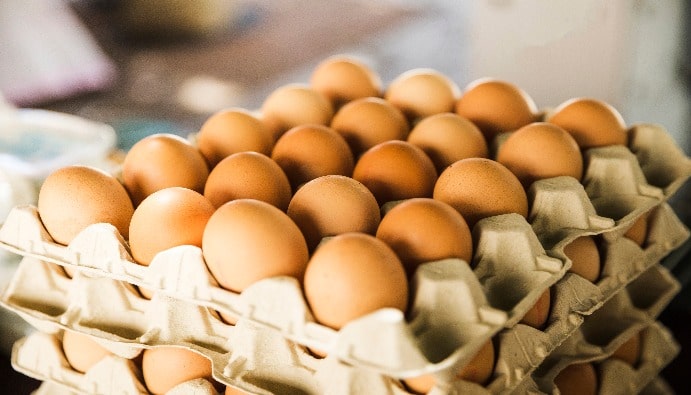
BLOG
KATEGORİDEKİ DİĞER YAZILAR

Dioxins, a dangerous group of persistent organic pollutants, also known as persistent organic pollutants or the dirty dozen, have a highly toxic effect and damage many organs in the human body. Dioxins do not occur naturally in nature. They are formed as a result of a series of industrial activities.
Dioxins and dioxin-like substances include
There are 7 dioxins, 10 furans and 18 chlorinated biphenyl (PCB) compounds in food and feed that are restricted by legal limits and must be controlled in line with legal regulations.
Dioxins are formed when organic compounds are exposed to high temperatures in the presence of chlorine as a result of industrial activities.
The limits of dioxins are determined within the scope of the “Turkish Food Codex Contaminants Regulation”. The regulation specifies dioxin limits in fish products, meat and meat products, chicken eggs and egg products, animal and vegetable oils.
Dioxins are classified as carcinogenic chemicals by the World Health Organization (WHO) and the US Environmental Protection Agency (US EPA). Fat-soluble dioxins can spread to all tissues and cells in the human body. Harmful effects begin to be seen with the accumulation of 14 ng/kg of dioxin in the human body.
Nanolab Laboratories Group continues to provide services within the scope of Dioxin Testing. We also provide services in Allergen Tests.
Contact us for more information.
You can follow us on LinkedIn for up-to-date news and posts about our services.
Follow our Instagram account to be informed about our latest blog posts.